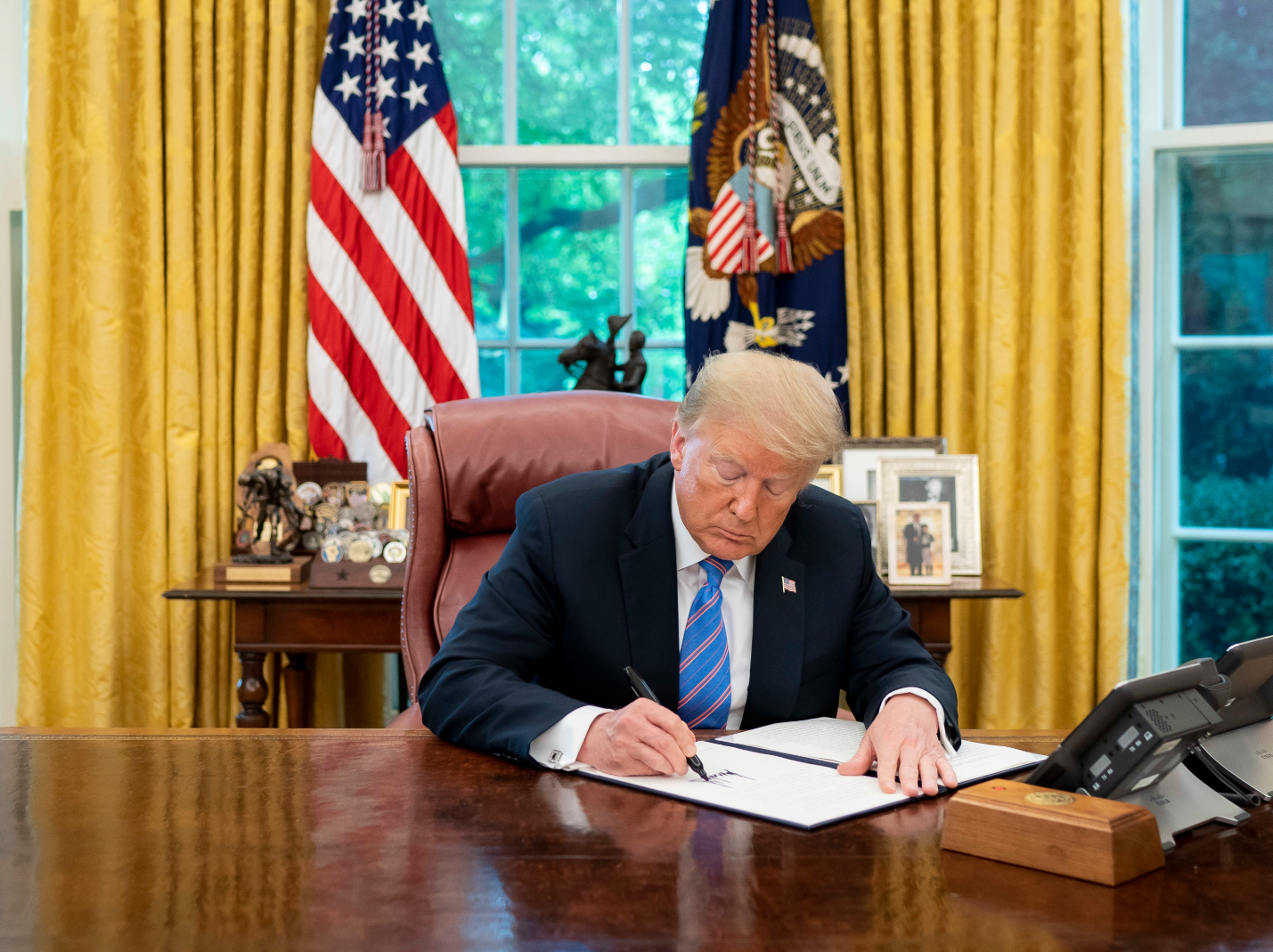
Editor’s Note: The following excerpt is from an article originally published by the National Association of Scholars on May 6, 2025, and is cross-posted here with permission.
The deluge of education news out of the White House has yet to cease. President Trump signed six Executive Orders (EOs) at the end of last month, encompassing a range of efforts, from discipline measures within K-12 to increased accountability standards in higher education. What these mean for education is varied, but will do much to weed out more of the corruption within academia.
“Transparency Regarding Foreign Influence at American Universities” handles renewed enforcement efforts of Section 117 of the Higher Education Act, a piece of legislation that is imperative to our work on malign foreign influence on higher education at the National Association of Scholars. Foreign gifts to American colleges and universities are woefully under-tracked and underreported, even though gifts amounting to $250,000 in a given calendar year are required by law to be reported to the Department of Education (ED). Last year, the Biden ED even shut down the public reporting portal—released in 2020—meant to bring transparency and accountability to higher education finances. Since then, schools have flouted Section 117 to a greater degree because of laissez-faire leadership and a lack of enforcement. To fix this problem, the Trump EO on foreign influence aims,
[T]o end the secrecy surrounding foreign funds in American educational institutions, protect the marketplace of ideas from propaganda sponsored by foreign governments, and safeguard America’s students and research from foreign exploitation.
To achieve these ends, the Secretary of Education will work to rescind previous administration actions allowing higher education to skirt reporting foreign funds. Secretary McMahon will require schools to disclose their received foreign funds or face investigation, audits, or loss of federal funding, among other actions.
Tensions are high and feelings are mixed at the renewed focus on Section 117 compliance. Though the law has been in effect for years, enforcement was rarely carried out, leading to at best, laziness in reporting, and at worst, outright cooking the books by many colleges and universities (such as Texas A&M). Excuses of “we didn’t know how to comply with the law” are already circulating, but will fall short. With the Trump administration already pulling federal funding over other issues from major institutions, one can logically conclude that schools claiming naivety or outright flouting Section 117 compliance will be slapped with harsh consequences.
Accreditation reform is at the top of many reformers’ minds. The accreditors abuse their power by using ideological guides and political fads (“diversity, equity, and inclusion” (DEI); emotional social learning; misapplication of Title IX; etc.) approving which colleges and universities receive the mark of a quality institution—qualifying the school for federal funding. To bring accountability to the accreditation system, the administration has written “Reforming Accreditation to Strengthen Higher Education,” an EO focused on reforming accreditation so that colleges and universities can once again “focus on delivering high-quality academic programs at a reasonable price.” Current accreditation subsidizes low-quality education and contributes to rent seeking…
To continue reading this article, go to the National Association of Scholars.
Image: “President Trump Signs an Executive Order” by Trump White House Archived on Flickr